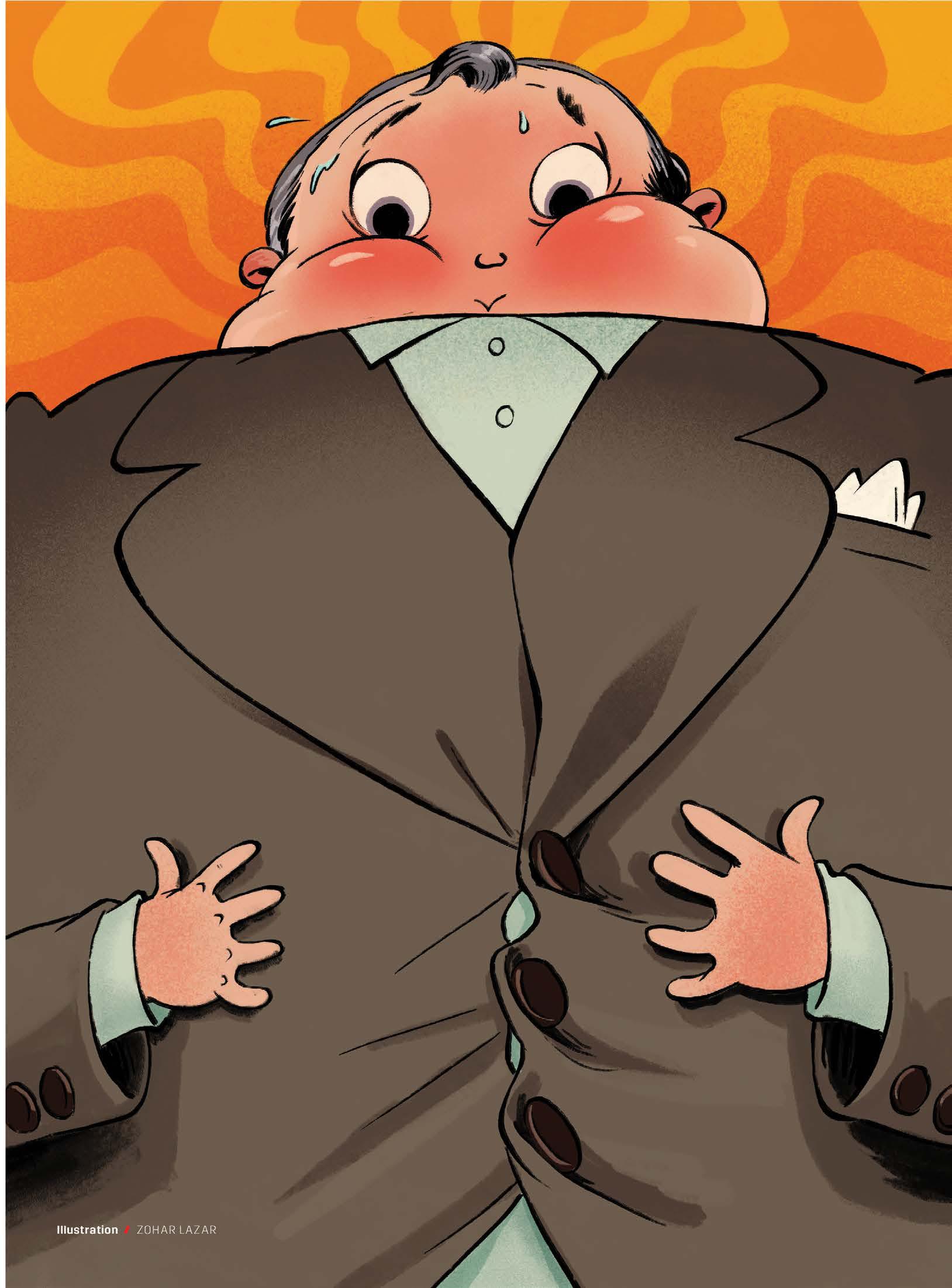THE CURSE OF GROWING TOO FAST

It's weird that there aren't more hundred-billion-dollar companies, because it doesn't seem that hard to do, Max Rhodes caught himself thinking one day in 2021.
He was sure making it look easy. The company he'd cofounded, called Faire, had gone from stumbling startup to galloping unicorn. Fueled by a steady diet of VC money, its valuation kept climbing: $1 billion, then $2.5 billion, up to $12.4 billion, and even $12.59 billion, the numbers rising like bubbles in champagne, jubilant and intoxicating.
As with so many tech startups then, Faire was fully embracing the unofficial motto of Silicon Valley: "Growth, growth, growth at all costs." And why not? After four years of building and iterating, investors were finally behind them. The company had over a billion dollars of their capital to spend. Faire's leaders doubled their team. Then they doubled it again. They'd be the next DoorDash or Airbnb at this rate, they figured.
Then the trouble began.
At Faire-an online wholesale marketplace that connects indie brands (that want to be sold in local stores and shops) with small retailers (looking to find the best products to stock)-suddenly, many of these business owners were getting upset. And loud. "The customer service is quite slow," said Sarah Kim, founder of a stationery business called Selah Paper, on her YouTube channel at the time. Another YouTube reviewer, business coach Dallas Gordon, griped, "They used to be proactive, but now it takes days and days to get an answer. If you get an answer at all."
As Faire burned through $30 million a month, by the second quarter of 2022, its breathtaking gallop went slo-mo. Decisions took forever, and its explosive growth was petering, leaving its leadership in a fog.
Esta historia es de la edición November 2024 de Entrepreneur magazine.
Comience su prueba gratuita de Magzter GOLD de 7 días para acceder a miles de historias premium seleccionadas y a más de 9,500 revistas y periódicos.
Ya eres suscriptor ? Conectar
Esta historia es de la edición November 2024 de Entrepreneur magazine.
Comience su prueba gratuita de Magzter GOLD de 7 días para acceder a miles de historias premium seleccionadas y a más de 9,500 revistas y periódicos.
Ya eres suscriptor? Conectar

Cultivating Leaders to Bridge the Gap
The technology industry has long been a driving force of innovation, but the gender gap still remains a significant issue.

Luxury EVs Will Be 40% By 2030: Volvo Car India MD, Says, Volvo Car To Strengthen Make In India
Volvo Car India is on the right track, we aim to strengthen make in India and hit another milestone of 10,000 units very soon, says Jyoti Malhotra, MD, Volvo Car India, adding that currently, the company has no plans of export from India

AI JUST CHANGED YOUR GO-TO-MARKET STRATEGY
How to take a product to market, and then 10x the results using AI.

DESIGNING AI PRODUCTS THAT ENHANCE RATHER THAN REPLACE HUMAN CONNECTION
AI has advanced from a developing technology to a significant part of today’s marketplace.

RESKILLING IN THE ERA OF AI
AI is not just reshaping industries; it's redefining the future of work. So, it's critical for companies to reskill and upskill their talent to remain relevant and co-exist with AI

GIVING MONEY A MAKEOVER
How Indian financial services are evolving to stay relevant to cater to Gen Z, the largest generation with a population of 377 million

Chords of Success
For Saahil Goel, the deep-rooted passion for playing the guitar dates back to his high school days. Influenced by legends like Pink Floyd, Led Zeppelin, and the Pakistani band Strings, his musical journey mirrors his leadership style—balancing focus, discipline, and a collaborative spirit. Goel feels that playing guitar has enhanced his ability to balance focus and teamwork as a founder of an eCommerce shipping start-up.

How to Tell Your Brand's Story
Your company does many things, but you must communicate it all in just a few words. Donald Miller does that better than anyone.

Why Is HP Confident About India
HP in India is working towards AI PC penetration, upskilling, education use cases and helping small and medium businesses (SMEs)

4 Game-Changing Habits for People with Stressful Schedules
Boost your well-being and reclaim control over your schedule.
